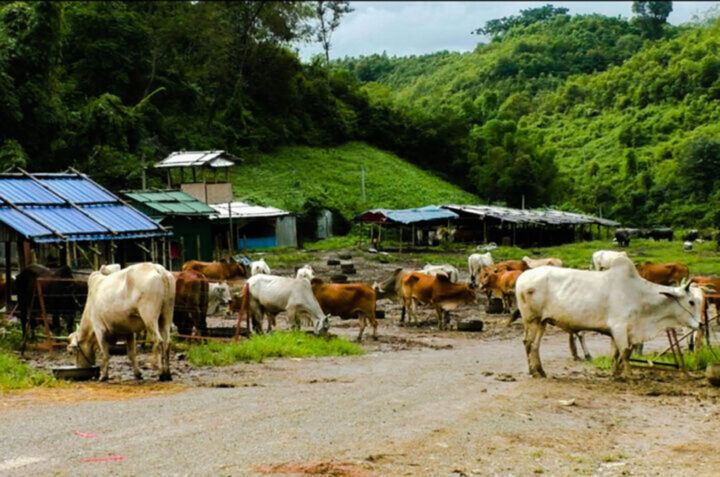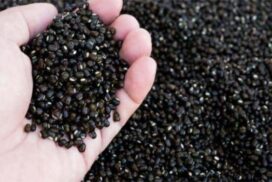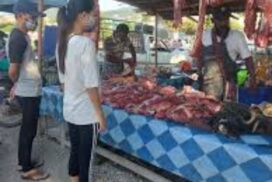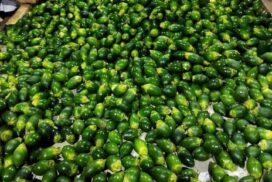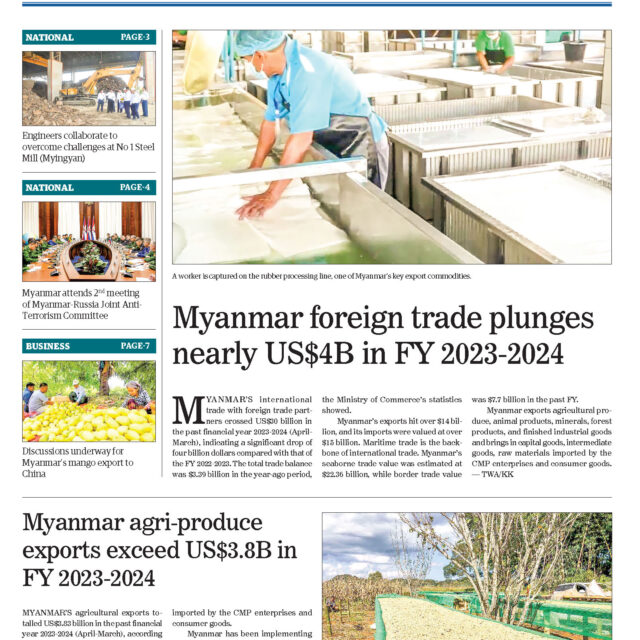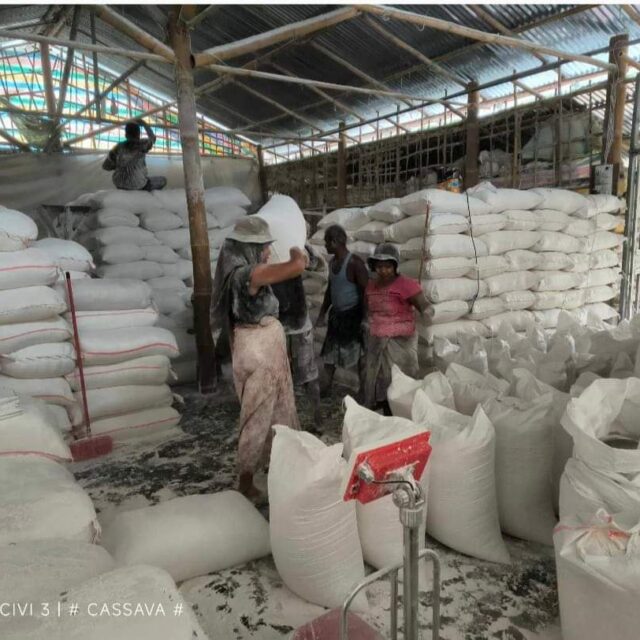Live cattle trade is booming on Myanmar’s black market, with 2,000 heads of cattle daily sent to China, said U Soe Naing, chair of Mandalay Region Cattle Exporters Association.
Chinese traders are constantly purchasing the cattle on the black market across border between Myanmar and China, despite the suspension of cross-border trade.
“The illegitimate market is found around Myitkyina and Waingmaw areas. Around 1,500-2,000 heads of live cattle are transported to China’s border every day. Those residents in China’s border area mostly consume the beef imported from Myanmar,” said U Soe Naing.
At the present time, the black market has been stronger. The legitimate market has halted since late 2020.
Following about 15,000 heads of cattle were stranded in Muse last year, traders embarked on the illegal sales. Around 6,000 heads of cattle are still stuck in Muse, he continued.
For legitimate trade, China permits live cattle import only after ensuring the cattle is free from 20 diseases including Foot and Mouth Disease, along with vaccination certificates, health certificates, and farming registration certificates. Those import criteria do not matter on the black market.
Myanmar’s live cattle export is deeply relying on the Chinese market due to a good price although Myanmar has other external markets in Laos, Thailand, Malaysia and Bangladesh.
The Ministry of Commerce grants a permit to each company for 100 cattle export and the permit is valid for three months. The companies can be taken legal action if they do not sell the cattle during three-month period.
Live cattle export was allowed in late 2017, with a view to eradicating illegal exports, creating more opportunities for breeders and promoting their interests.
Myanmar shipped US$360 million worth of animal products including cattle to the external markets in the financial year 2018-2019. The value of animal product exports dropped by $100 million in the 2019-2020 FY as against a-year ago period, following the negative impacts of the COVID-19.—NN/GNLM
Chinese importers daily trade 2,000 cattle on black market
- August 12, 2021
- 1033
